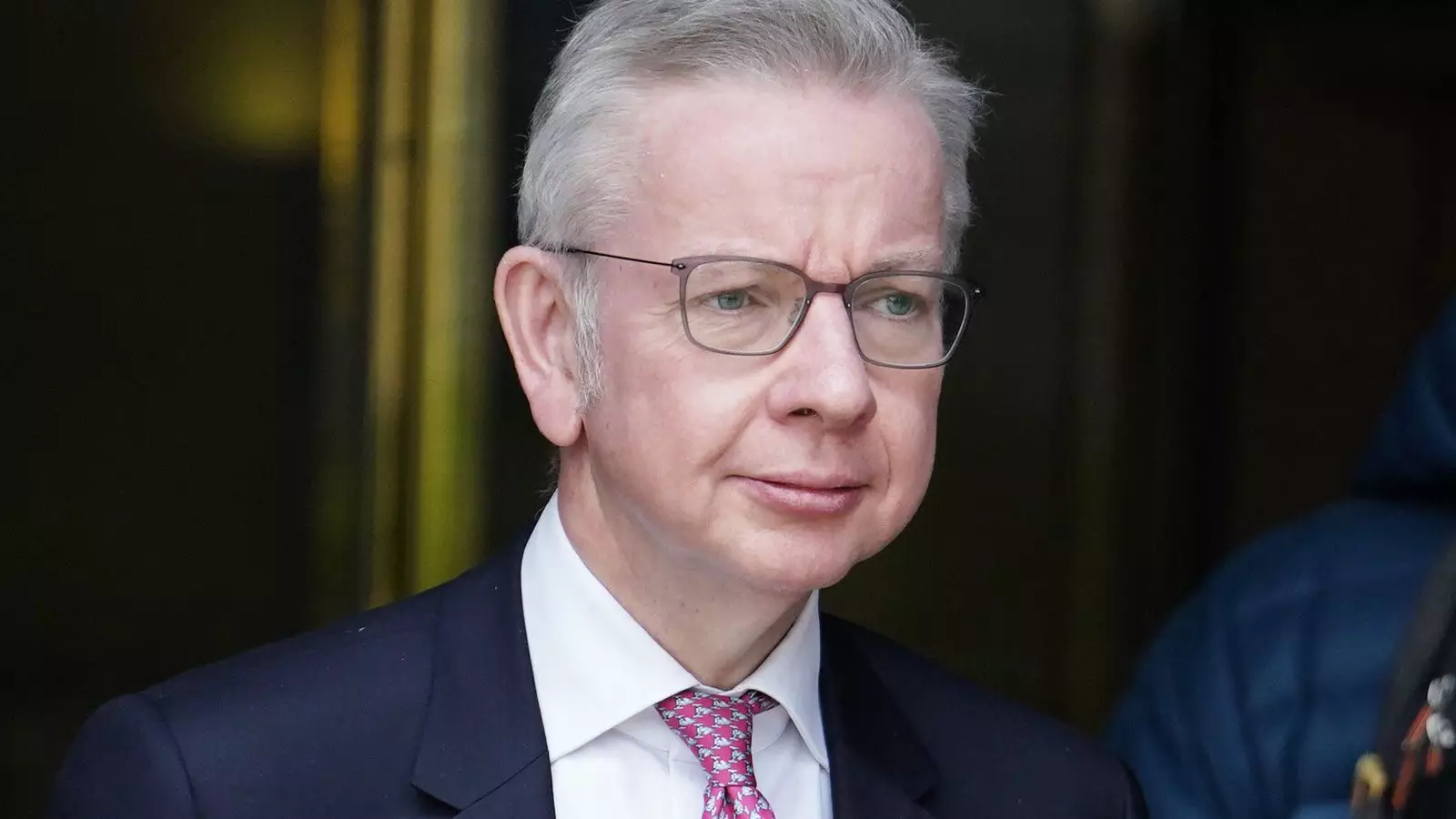The government’s new definition of extremism has caused quite a stir among various groups, with two far-right organisations and three Islamist groups being singled out by Michael Gove. These groups are now facing scrutiny under the new definition, which could result in them being banned from meeting ministers or receiving public money. One of the organisations named, CAGE International, responded defiantly to the announcement, expressing confidence that Gove’s actions would only strengthen their cause.
Cerie Bullivant, a spokesperson for CAGE International, dismissed the threat of losing access to public funds, stating that the group has never relied on government money for support. He emphasized that CAGE is funded by the community, grassroots movements, and supporters of justice. Bullivant also mentioned that other advocacy groups, such as Black Lives Matter and Sisters Uncut, have shown solidarity with CAGE in the face of these challenges. Despite the potential consequences outlined by Gove, CAGE remains resolute in their commitment to their goals.
The Muslim Association of Britain, another group named by Gove, echoed similar sentiments regarding the funding threat. Yasmine Adam affirmed that their organization does not depend on government funding and that their stance and activities will remain unchanged. Adam dismissed Gove’s tactics of using parliamentary privilege to name the groups, calling for concrete evidence to back up his claims instead of hiding behind legal protections. The response from these targeted groups reflects a firm stance against the government’s attempt to silence dissenting voices.
The new definition of extremism provided by the government broadens the scope to include ideologies based on violence, hatred, or intolerance that seek to undermine democratic principles. This approach marks a shift from the 2011 definition, which primarily focused on opposition to fundamental British values. However, critics argue that the new definition could potentially stifle legitimate dissent and political activism under the guise of combating extremism. The forthcoming list of officially covered groups will shed more light on the government’s approach to identifying and addressing extremism in the UK.
Groups like CAGE International and the Muslim Association of Britain have expressed readiness to legally challenge Gove’s accusations if substantial evidence is not provided to support the claims made in Parliament. The use of parliamentary privilege to shield statements from legal repercussions has raised concerns about accountability and transparency in the government’s efforts to combat extremism. The willingness of these groups to push back against unwarranted scrutiny demonstrates a commitment to upholding their principles and advocating for social justice.
The response to the government’s new definition of extremism highlights the complexities and challenges associated with identifying and addressing extremist ideologies. While the intention to safeguard democratic values and prevent violence is commendable, the implementation of such measures must be careful not to infringe upon freedom of expression and legitimate activism. As the debate continues, it is essential for all parties involved to engage in constructive dialogue and uphold the principles of democracy and human rights.


Leave a Reply